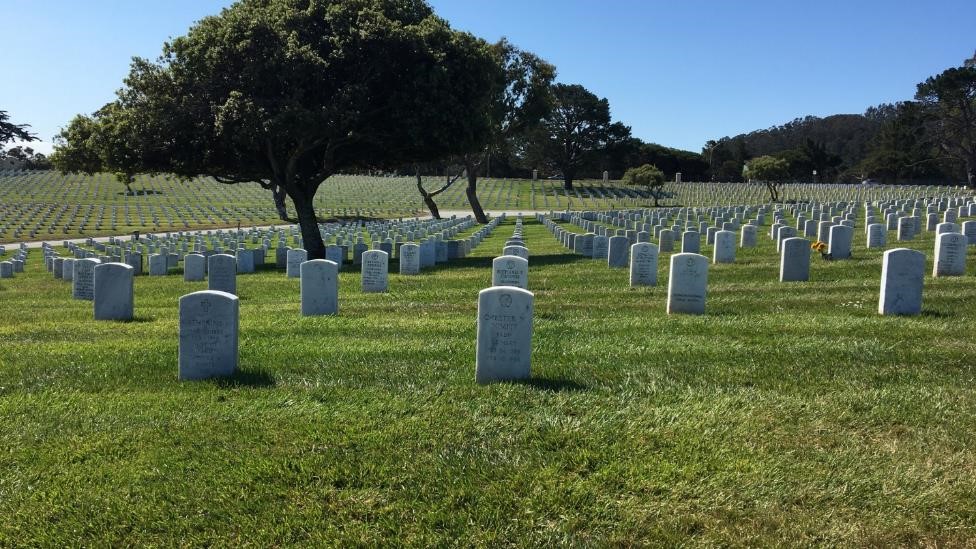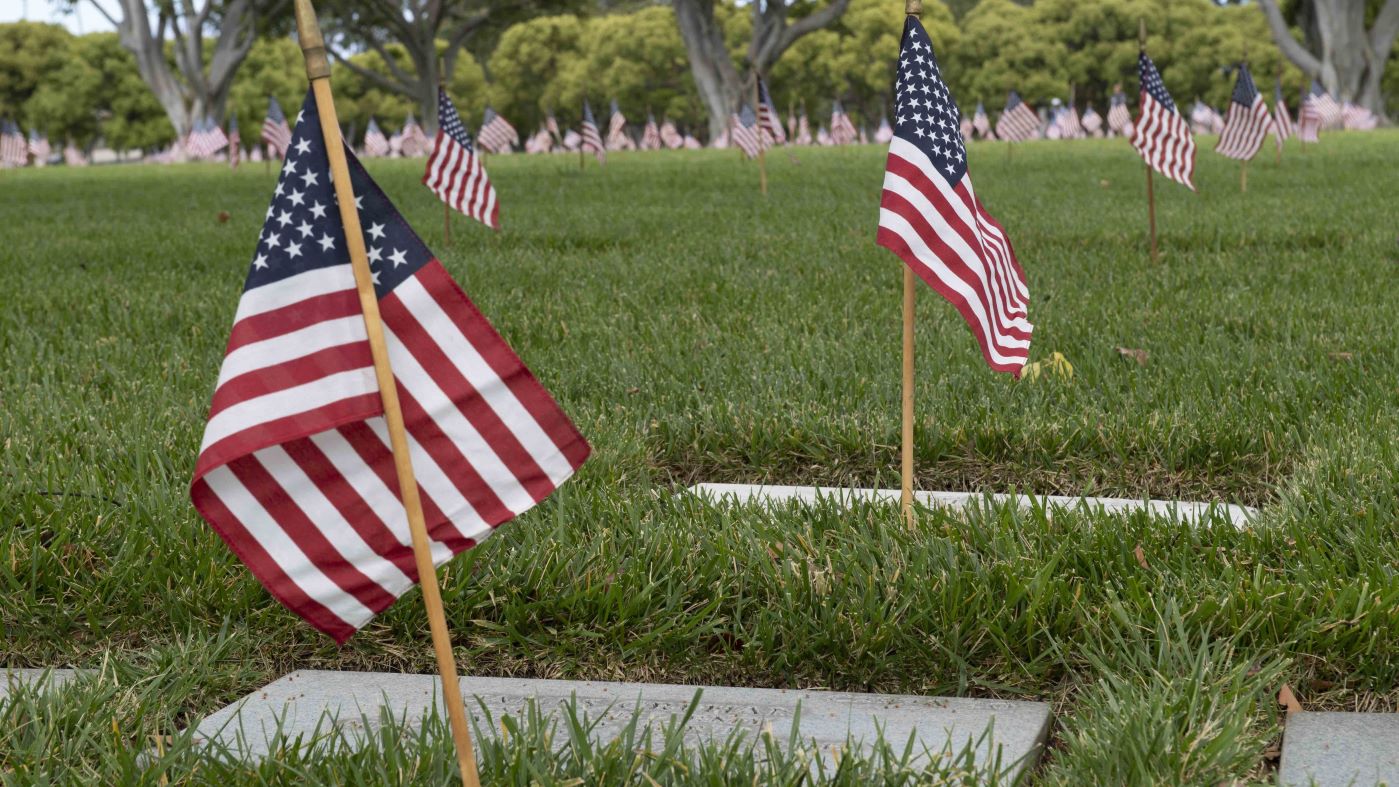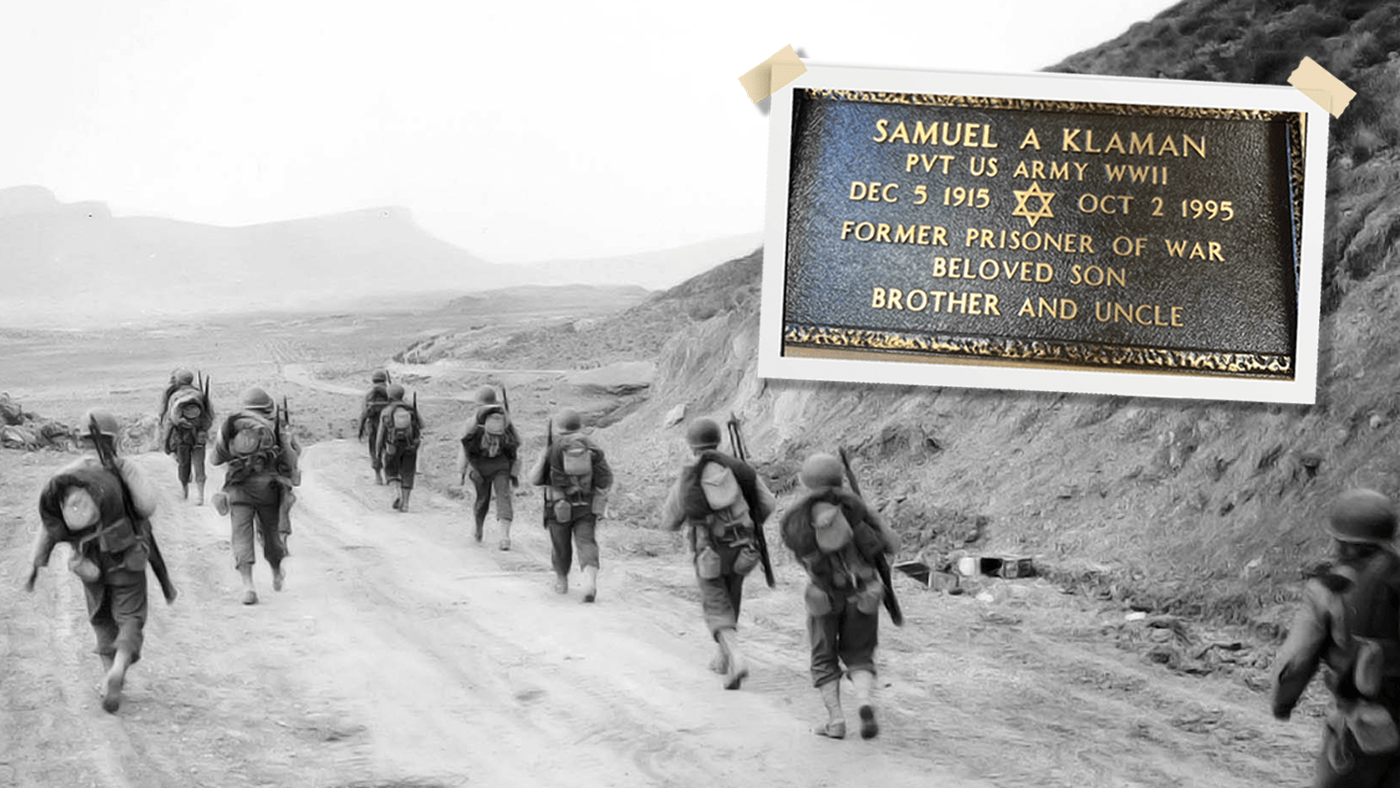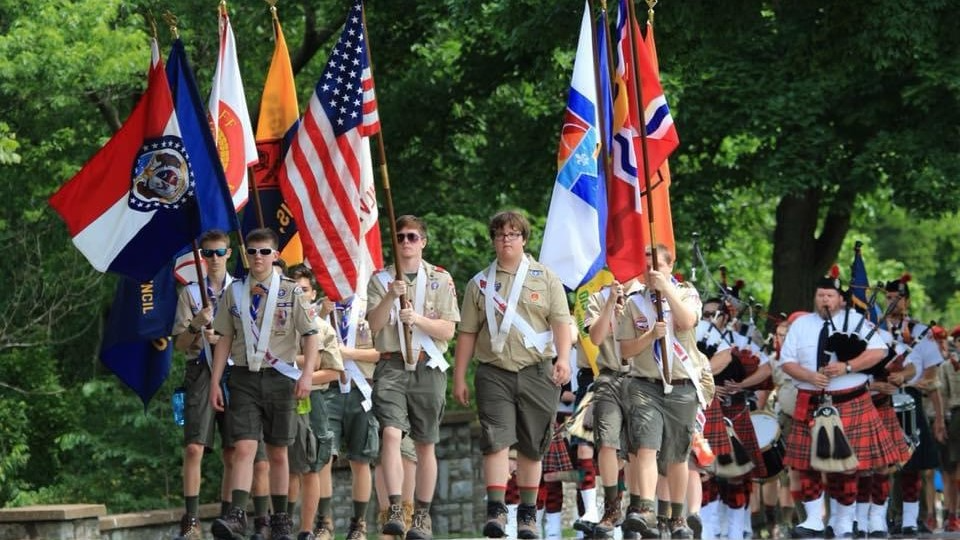Fleet Admiral Chester W. Nimitz, the World War II Commander of the Pacific Fleet, delivered remarks at Golden Gate National Cemetery on the 10th Anniversary of V-J Day, August 14, 1955. The remains of many men who died under his command had been repatriated and rested before him. Nimitz took the loss of life made by his decisions personally and carried the burden with him throughout his life. He spoke directly to his fallen men on this occasion and promised them that the survivors of the war would honor their memory by maintaining military strength to deter future calamity.
Over the next decade, Admiral Nimitz decided that, in death, he wanted to join his men at Golden Gate with a standard military funeral and regulation headstone. He took steps to assure that the shipmates closest to him during World War II could join him as well.
Admiral Nimitz was a humble and no-frills type of man; still, his funerary and burial decisions surprised some. He was the third of four admirals promoted to the rank of Fleet Admiral of the United States Navy during WWII. All were entitled to a state funeral and three accepted.

Fleet Admiral Nimitz’s family standing outside of Golden Gate National Cemetery’s chapel, February 24, 1966. Mrs. Nimitz is seated in front of her son and daughters. (U.S. Navy Photo 1115073, NARA II, College Park, Md.)
When the Kennedy administration approached Nimitz—the last of the surviving Fleet Admirals—about planning his own state funeral and burial in Arlington, Nimitz balked. He told his wife Catherine that “He did not love Washington, he loved it out here, and all of his men from the Pacific were out here.”
Instead, Nimitz had only one special request: that the five stars of his Fleet Admiral insignia be placed in the space reserved for an emblem of belief on his headstone. His biographer, E.B. Potter, speculated that Nimitz, a religious man outside of denominations, made the decision to show that “He had done his best in life.”
There were spaces for six graves in Nimitz’s designated burial plot at Golden Gate. When asked if he had preference for who went into the other four graves, Nimitz said, “I’d like to have Spruance and Lockwood.”
Admirals Raymond Spruance and Charles Lockwood were two of Nimitz’s closest friends during the war and after. Their competency as warfighters and leaders contributed greatly to victory in the Pacific. Spruance delivered key victories, such as Midway, the Philippine Sea, Iwo Jima and Okinawa. Lockwood commanded the successful U.S. submarine operations in the Pacific.

Admiral Chester Nimitz (CINCPAC) gives a dinner party in Hawaii for First Lady Mrs. Eleanor Roosevelt on September 22, 1943. (L-R): Rear Admiral Charles Lockwood, Mrs. Roosevelt, Admiral Nimitz, Vice Admiral Raymond Spruance. (NH 58521, Naval History and Heritage Command, WNYD)
As a bonus, another close friend and architect of all major Pacific amphibious landings, Admiral Richmond Kelley Turner already occupied a grave very close to the Nimitz plot. When Nimitz posed the idea to Spruance, he “took to the thing like a duck to water,” as Mrs. Nimitz recalled. Lockwood agreed with the plan as well.
A friend in death
Nimitz died February 20, 1966, with his wife Catherine at his side. He was laid to rest on the cold and blustery afternoon of February 24 (his 81st birthday). Admiral Spruance, recovering from the flu, respectfully stood at attention in his uniform throughout. Mrs. Nimitz found some humor in the day when an uninvited sailor who had served in the Pacific Fleet arrived at the grave dressed in his best cowboy boots and hat. He refused to leave because “This was his commander, [and] he was going to be there come hell or high water.”
While this circumstance would likely have annoyed many, this type of admiration from those who served under him embodied the leadership style of Nimitz. Two nineteen-gun salutes, a 70-plane flyover, and the playing of “Taps” concluded the service.

Funeral of Fleet Admiral Nimitz. Procession about to begin journey from the chapel to the gravesite at Golden Gate National Cemetery, February 24, 1966. (U.S. Navy Photo 1115072-B, NARA II, College Park, Md.)
Richard A. Hulver, Ph.D., is an historian with National Cemetery Administration
Topics in this story
More Stories
Beginning on Nov. 9, 2024, VA will accept applications for payment of a monetary allowance for privately purchased OBRs and for OBRs provided by a grant-funded cemetery, when the OBR is placed at the time of interment. This allowance may be paid for burials that occurred on or after the effective date of the new authority which is Jan. 5, 2023.
With help from VBA and NCA, an administrative correction honored a WWII soldier's service and Jewish identity.
This year marked the 75th year of the 2024 Gravois Trail Memorial Day Good Turn Boy Scout flag placing at every gravesite at Jefferson Barracks National Cemetery.






